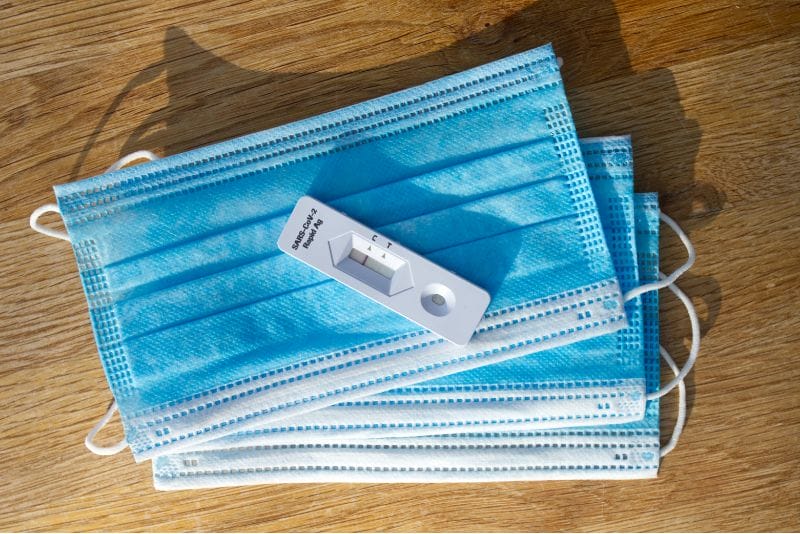But even after identifying the most efficient tests, it can be hard for businesses to get their hands on them. But if a business is a member company with the RAC, the organization has strong purchasing influence, meaning bigger bargaining power and a higher likelihood of accessibility to tests.
Lallemand is one such member that has put mandatory testing in practice in its Canadian and US locations. The beginning of the process was slow, but it ramped up as the delta variant became more serious. Antione Chagnon, president and CEO of Lallemand, said he looks as it as an extra form of protection as infections continue to occur.
“We see it as an additional layer of protection on top of masks, social distancing and vaccination,” he said. “In sites with high rates of the delta variant, you can still fall ill.”
Joanie Denis, Lallemand’s organizational development and people and culture partner, also expanded on what worked for the company and the importance of creating a team to champion the operation and a realistic timeline. She recommended that a core operations and communications team be established, then a project schedule be laid out to determine pilot testing sites, the number of tests required and if a company will be testing just unvaccinated employees or both vaccinated and unvaccinated. Once that’s complete, a screening approach can be determined, and the team can move into inventory management and ordering supplies.
Audrey St. Onge, president and CEO of North American bakers yeast business at Lallemand, said it was an effort that took immense teamwork and coordination, but it paid off.
“This required a lot of collaboration since the beginning of the pandemic,” she said. “We have had to learn and adapt quickly to changes throughout the pandemic, and having our leadership buy into the process has been essential.”
Having the support of the c-suite has been critical for Lallemand, especially when employees are resistant or have questions about the new policies. St Onge said it’s important to illustrate the benefits of testing and to have empathy to employees who might be apprehensive.
“Getting employees to buy into this and managing the supplies are two of the biggest challenges we have faced so far,” she said. “We did get some resistance at first, but most people know how easy these tests are now.”











